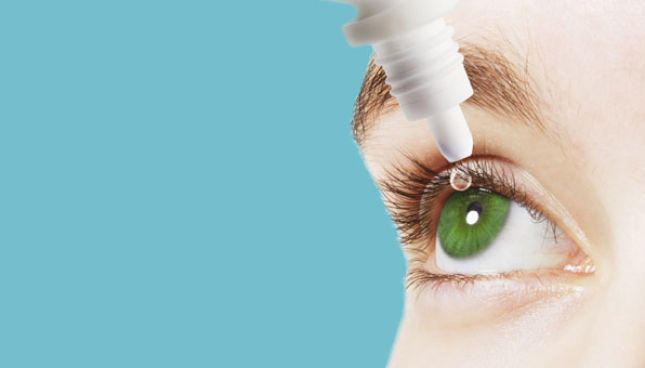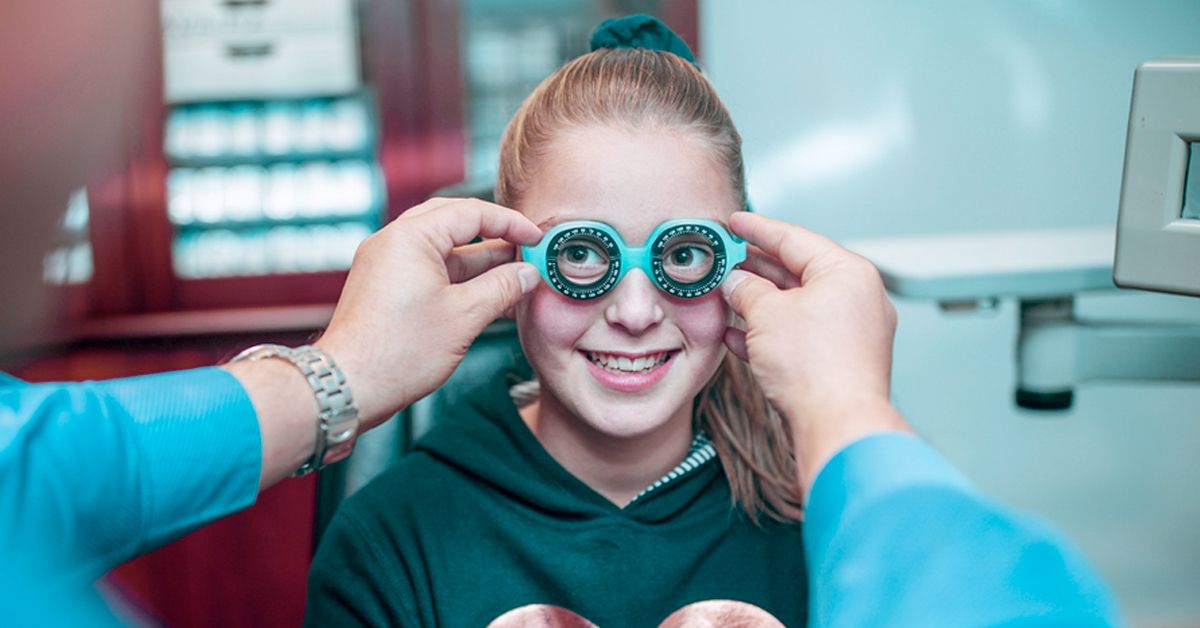Andalusia Eye Doctors: Dedicated Vision Care for Every Patient
Andalusia Eye Doctors: Dedicated Vision Care for Every Patient
Blog Article
Is Refractive Surgical Procedure Right for You? Factors to Think About for Better Eyecare
In the world of eye treatment, the decision to go through refractive surgical treatment is a crucial one that requires thoughtful factor to consider. From the ins and outs of one's eye health and wellness to the ins and outs of everyday routines and personal expectations, each aspect holds significance in the more comprehensive landscape of refractive surgical procedure candidateship.
Eye Wellness Examination
When taking into consideration refractive surgical procedure, a detailed eye health and wellness evaluation is vital to assess the viability of the procedure for each and every person. neurologist andalusia. This assessment includes a collection of assessments and tests carried out by an eye treatment expert to determine the total health and wellness of the eyes, the presence of any kind of hidden conditions, and the security of the refractive error
Throughout the examination, various factors are taken right into account, such as the client's case history, existing eye prescription, corneal thickness, student size, and tear movie quality. These analyses aid to determine any contraindications to refractive surgical procedure, such as corneal irregularities, cataracts, or untreated eye infections. In addition, the assessment helps to manage individual expectations relating to the possible end results of the surgery based upon their distinct eye features.
Ultimately, the eye health and wellness examination is vital in making sure the security and effectiveness of refractive surgery, as it offers useful understandings right into the person's eye health status and assists figure out one of the most ideal therapy alternatives for accomplishing ideal visual results. (cardiologist andalusia)
Lifestyle Assessment
An extensive lifestyle assessment is essential in identifying the suitability of refractive surgery for an individual's visual correction demands. Way of living variables such as line of work, leisure activities, and everyday activities play an important role in the decision-making process relating to refractive surgical treatment. People with careers that entail a high degree of physical activity or direct exposure to ecological elements might have different visual demands contrasted to those with inactive desk work. Understanding just how an individual's way of living may affect their vision post-surgery is necessary for handling assumptions and making certain optimum end results.
Furthermore, way of life behaviors such as sports engagement, outdoor activities, or even skin care routines can influence the recovery procedure and overall success of refractive surgical treatment. People that engage in call sports may require to take added precautions to safeguard their eyes during the healing period. In addition, people with extensive sun exposure may need extra post-operative treatment to prevent issues. By carrying out a thorough lifestyle assessment, eye care professionals can tailor their recommendations and treatment plans to meet the distinct requirements of each individual, inevitably causing boosted aesthetic end results and complete satisfaction.
Expectation Placement

Patients need to understand that while numerous people achieve 20/20 vision or much better following refractive surgical procedure, some may still need glasses for certain activities like analysis or driving at night. Taking care of these assumptions helps stop disappointment and frustration post-surgery, leading to a more positive total experience for the patient.
Danger Analysis

Factors that might increase the danger of complications consist of age, certain medical problems like autoimmune illness, unpredictable vision prescription, thin corneas, and impractical patient expectations. In addition, choosing a seasoned and experienced surgeon, complying with pre and post-operative treatment guidelines vigilantly, and divulging any kind of appropriate case history can help reduce dangers.
To decrease the chance of complications, ophthalmologists carry out comprehensive pre-operative examinations to recognize any kind of contraindications to surgical treatment. They additionally discuss the potential dangers and benefits with individuals throughout the examination procedure. By participating in open communication and shared decision-making, both the ophthalmologist and the individual can collaborate to establish if refractive surgical treatment is the appropriate selection based upon specific threat accounts and wanted end results.
Consultation Significance
Thinking about the important function of notified decision-making in examining dangers and prospective issues in refractive surgical treatment, the examination process holds go to this web-site considerable significance in directing patients towards optimum end results. Throughout the assessment, the ophthalmologist assesses the client's eye health, refractive mistakes, and general suitability for surgery. This first analysis is vital in figuring out the most ideal treatment for each person, thinking about aspects such as corneal thickness, student size, and existing eye problems.
In addition, the examination works as a possibility for clients to review their assumptions, concerns, and any kind of concerns they may have regarding the surgical procedure. Clear interaction between the doctor and the individual is important to make sure reasonable expectations and a comprehensive understanding of the possible risks and advantages involved.
In addition, the assessment permits the doctor to describe the various surgical choices readily available, their particular end results, and the post-operative care needed. This thorough conversation equips people to make well-informed decisions concerning their eye treatment, resulting in much better satisfaction and results post-surgery.
Verdict
To conclude, people taking into consideration refractive surgery must undertake a comprehensive eye health and wellness examination, analyze their lifestyle routines, straighten their assumptions with potential outcomes, evaluate the connected threats, and focus on consultations with eye care experts. These aspects play a crucial role in identifying the suitability of refractive surgical treatment for each and every person, making certain optimal end results and contentment check with the treatment.
Clients considering refractive surgery typically have high assumptions regarding the outcomes, anticipating excellent vision without the demand for glasses or call lenses. While refractive surgical procedure can substantially boost vision and minimize dependency on visual help, it is critical for people to recognize that outcomes may vary based on specific aspects such as the degree of refractive error, corneal density, and general eye health and wellness.
By engaging in open interaction and shared decision-making, both the person and the eye doctor can function together to figure out if refractive surgical treatment is the right selection based on private risk accounts and preferred outcomes.
Taking into consideration the essential duty of notified decision-making in assessing threats and potential difficulties in refractive surgical treatment, the assessment procedure holds considerable relevance in assisting patients in the direction More Help of optimal end results. During the appointment, the ophthalmologist reviews the client's eye wellness, refractive errors, and total suitability for surgical procedure.
Report this page